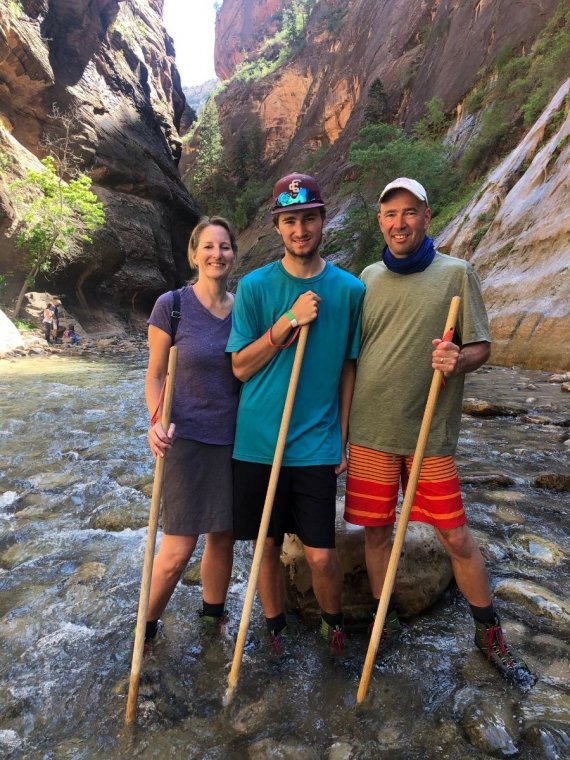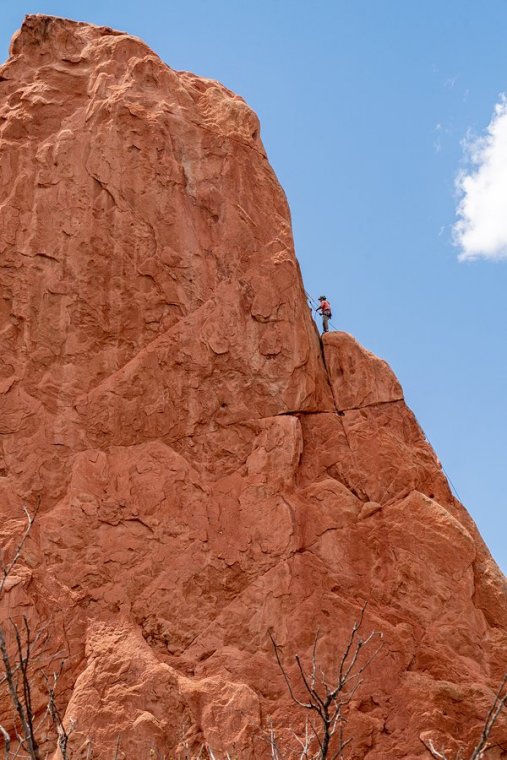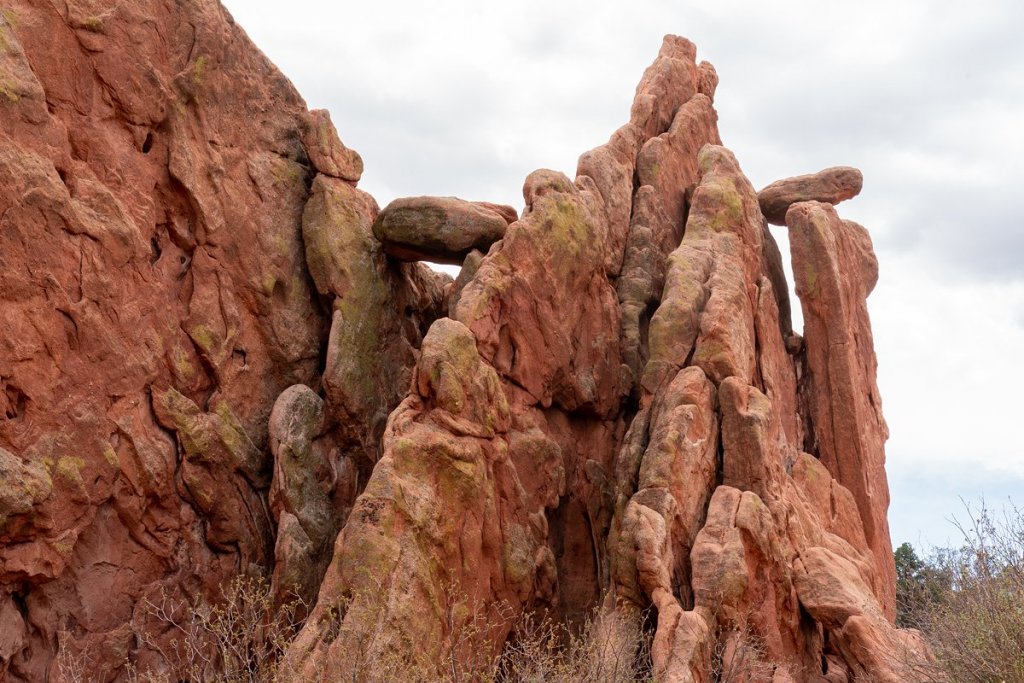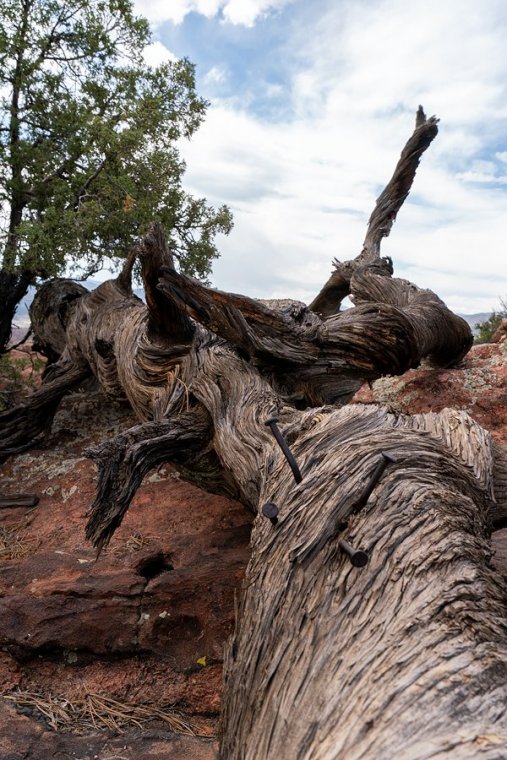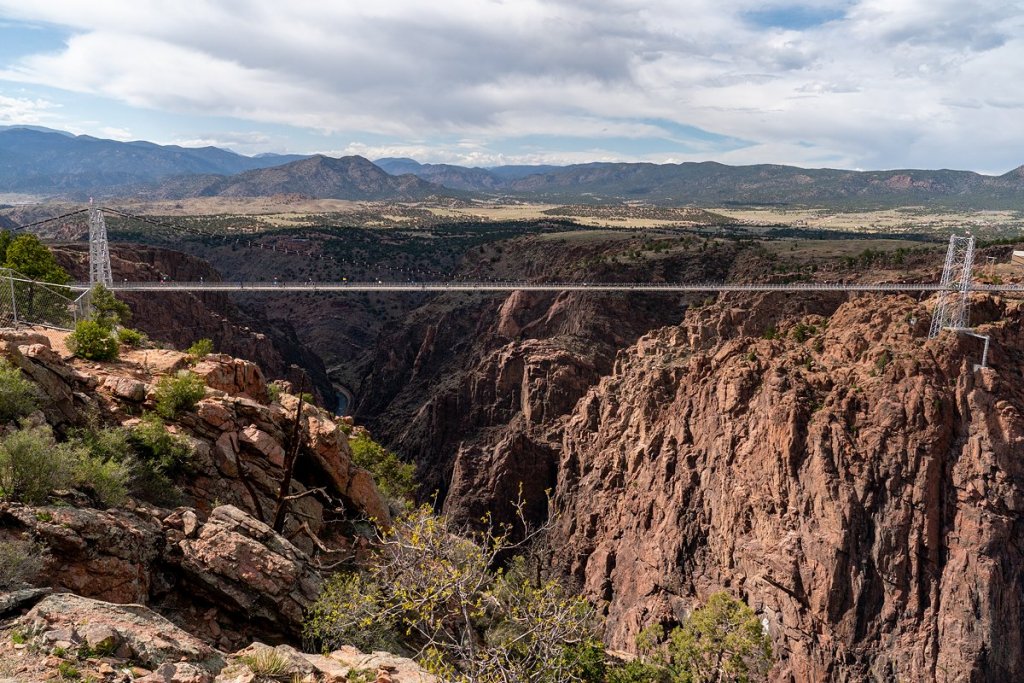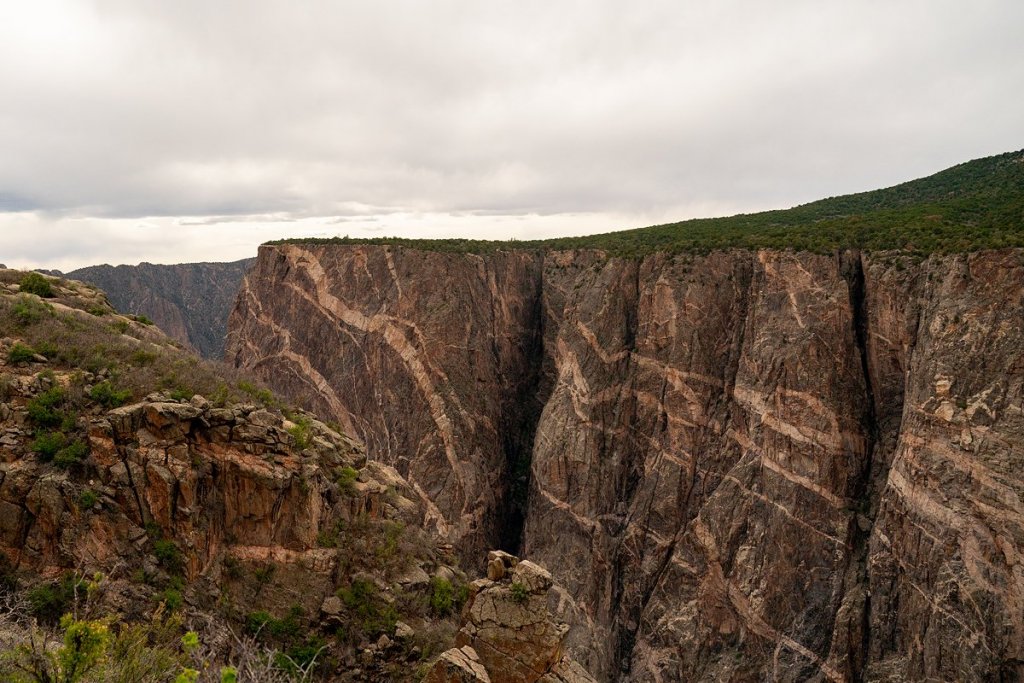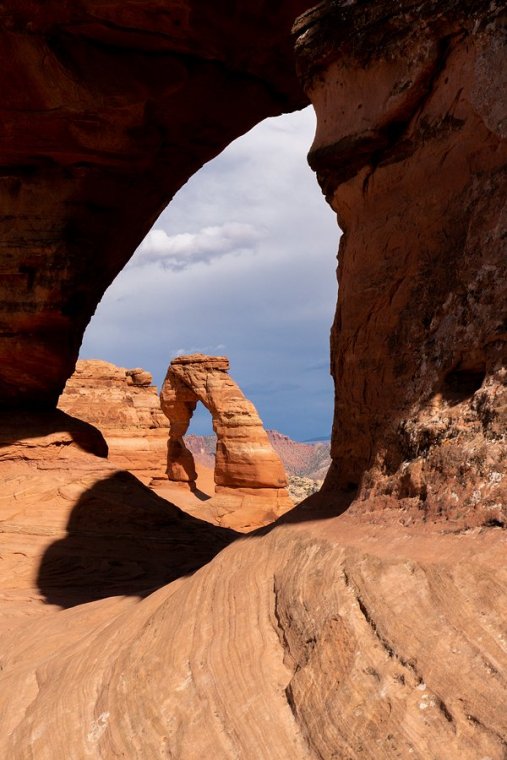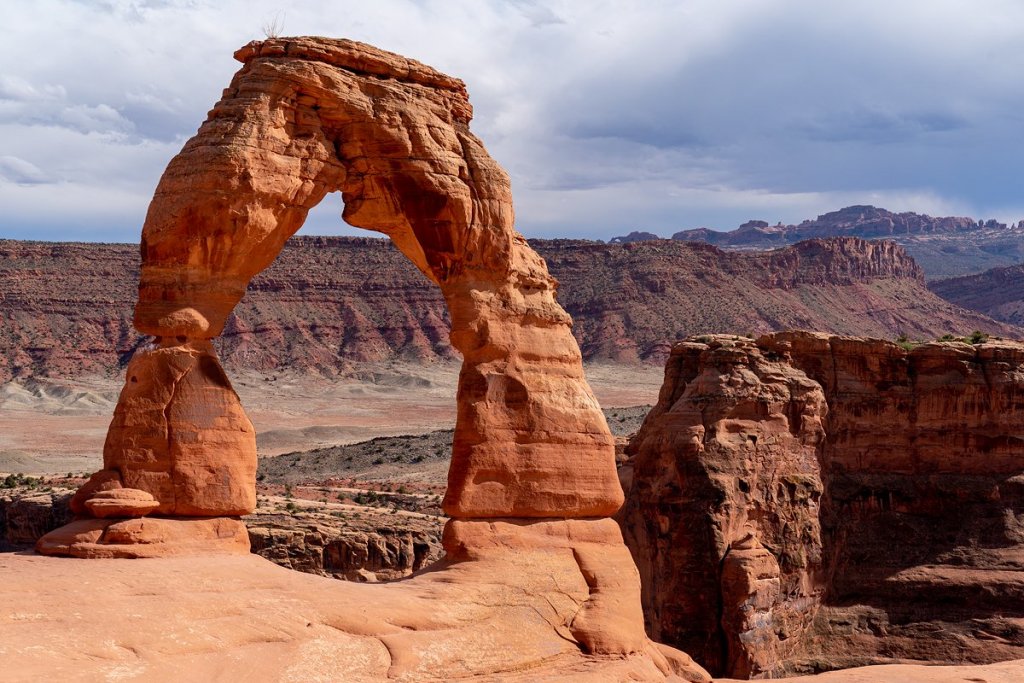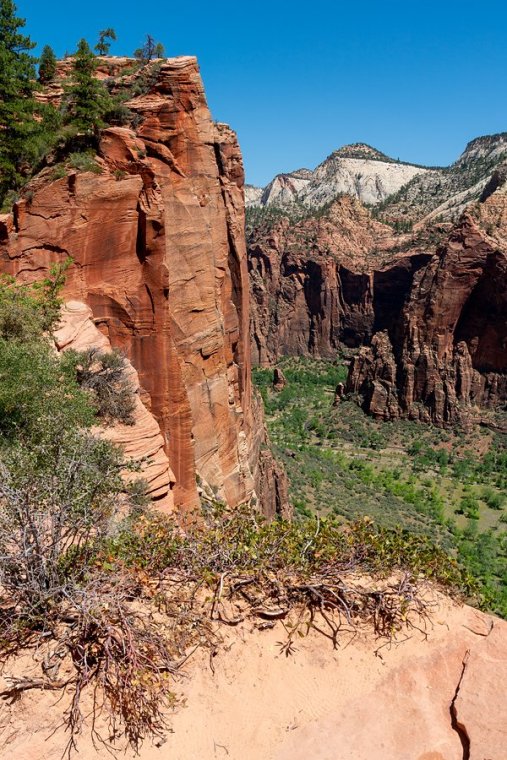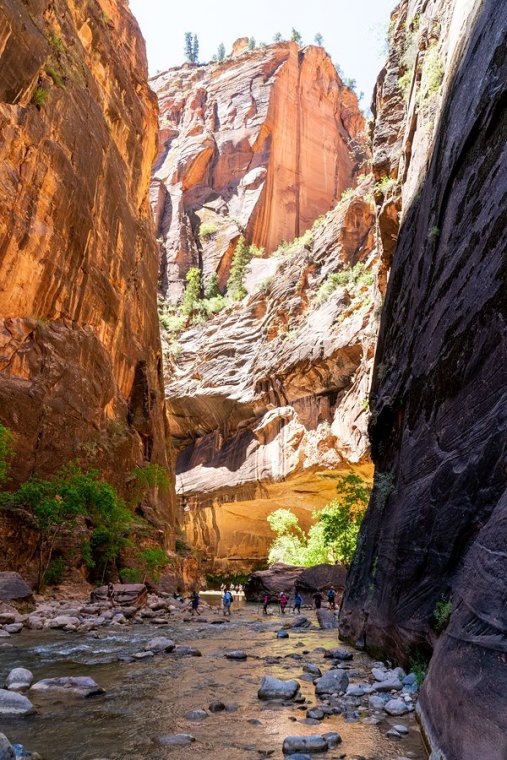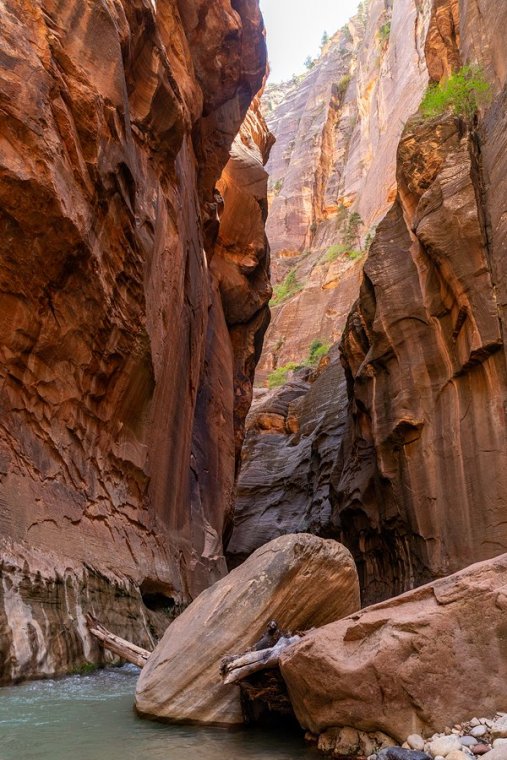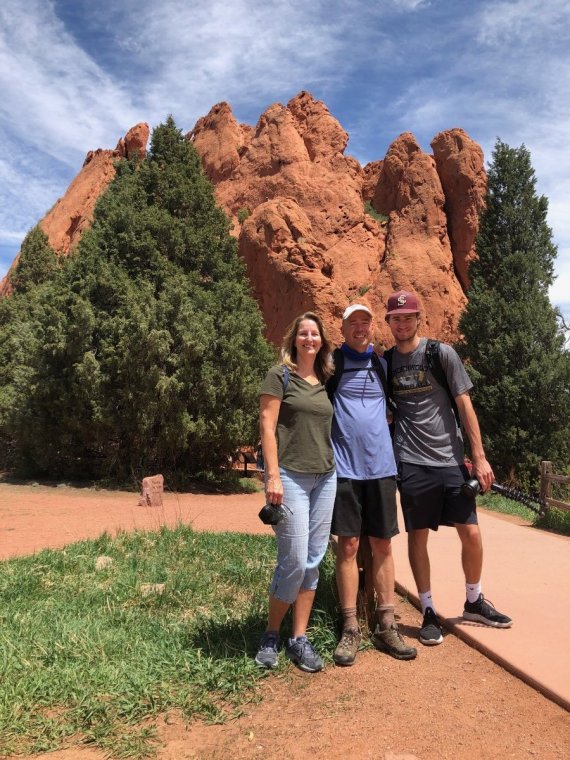
circa1968
Expired Membership-
Posts
405 -
Joined
-
Last visited
-
Days Won
19
Content Type
Profiles
Forums
Gallery
Events
Store
Everything posted by circa1968
-
I just ordered the superbright LED and will check for radio station interference but, like MonsterBiker, I also mostly use the bluetooth-aux connection I installed to stream from my phone.
-
Fan not working ..Remove radiator ?
circa1968 replied to Linkster's topic in Royal Star Venture Tech Talk ('99 - '13)
I'm pretty sure you'll need to pull the radiator to get to the fan and possibly the thermo switch. Before going through all that, 1st step is check the fan motor fuse (Located behind left side cover, fuse #2). Next, remove the lower cowlings and trace the fan wire to the connector on the lower left (shifter) side of the bike. You are looking for a two-wire connector (Blue & Black). I used my battery tender and crudely rigged a couple pieces of wire to feed 12v to the fan to make sure it will run when given power (blue = +, black = -) If both of those are good, there's also a noise filter between the thermoswitch and the fan. I'm not 100% certain where that is, but probably down in the same area. Test to make sure that its good. Once you find the filter, check to make sure you have continuity to chassis ground from the neg terminal, on the fan side. If all are good, thermo switch is next. Its at the top of the radiator, so you might be able to perform some wrenching gymnastics to remove it with the rad in place. Good luck and let us know how you progress. -
1-3. The state could try an emergency appeal to SCOTUS or go to the 9th circuit, where it would go before a 3-judge panel 1st and then possibly appealed to the en banc 11-judge panel before going to SCOTUS. The latter route could take years to reach a SCOTUS appeal hearing
-
hmm, had to delete my original rant as it likely violated forum rules, so I'll just summarize in a more PC way: Good!
-
Oh, also check your brake light itself to make sure it is working properly, the fault could also be on the other side of that relay. The relay contact is fed power via the brown wire (straight from the fuse) and once the relay is energized, or closed, the yellow wire receives power and sends it to the brake light. A ground fault anywhere along those two paths seems like it would cause your symptoms.
-
In looking at the wiring schematic, the following are on the load side of your turn signal fuse: Horns, flasher relay, hazard relay, most of your dash indicators and the Brake Light Relay. The neutral switch is on the carb heater fuse, so this could be a red herring. Based on your symptoms, I suspect the Brake light relay likely has a fault in it causing at least a partial short to ground when applying the brake (while in traffic). If the fuse blows when in traffic or neutral, you are also likely braking. A ground fault in the relay when braking would effectively rob voltage from the rest of the signal circuit and this would explain the neutral light dimming. Its probably not a hard short to ground but enough to cause the light dimming and then eventually a blown fuse. This is definitely not the only possibility, but a good candidate based on symptoms and what is on that fuse circuit.
-
This is going to be the next upgrade to my Venture as the front really dives when braking hard. I've been reading through various postings & trying to get my head all the way around the project to make sure I'm comfortable doing this on my own. I'm feeling confident (dangerous) enough at this point, but two things I can't quite get a good understanding of and wondering if anyone could shed some light: 1) How much oil to put in after draining out the old oil? Do I follow spec of 553cc or am I supposed to measure it from the top? 2) Preload spacers. I've read that Sonic will ship some pvc pipe for this and to cut it to length. I can't find any specific directions on Sonic's website on what length they should be cut to. Any advice? Thanks!
-
CB Radio Disconnect
circa1968 replied to jilldwr's topic in Royal Star Venture Tech Talk ('99 - '13)
Yes. There are two audio connections under the seat. One goes to the CB & the other goes to rear speakers & headset. Should be obvious what each connection is, just trace the wire back from the connectors. -
I used 1 1/8" hole saw, it was a perfect fit, for drilling out the rear baffle plate. Definitely gives it more rumble. Will leave them on for a while and see how I like it. Thanks for the suggestion
-
Just a SWAG here, but when was the last time you had the tank off and pulled/cleaned the airboxes? At 98k miles, perhaps the oil droplets pulled up via PCV have built up over time and were trapped in the bottom of the box due to a plugged drain line and something just caused the line to clear enough for the accumulated oil to drain out. Here's what I would do, and perhaps its wishful thinking for a simple fix/solution but that's usually where I start and sometimes get lucky enough to end there: Pull the tank & airbox, clean all the oil out of the airbox and blow out the drain line to make sure it is clear (perhaps even pull the line and flush/clean it really good.) Put it all back together and at least now you have a baseline of knowing everything is clean & clear. There are two lines, but it seems that the one on the left/shifter side of the bike collects the most oil as it is the low side when parked.
-
I'm definitely of the non-matching variety! We have a name for the variety you're talking about, but i can't repeat it in polite company.😀 @Flyinfool why on earth wouldn't the city or the race sponsors build a walkway over the road for the residents? Surely someone must get an earful about that every year.
-
Not offended, but please don't judge all riders by the actions of a few. You are correct that under normal circumstances, cyclists should not be riding 3-4 abreast. Its common sense, common courtesy and unsafe. I ride a road bike on 2-lane blacktops with my buddies and we ride single file, as close to the edge as possible. The single most terrifying thing is someone in a car hellbent on being a jerk coming up from behind at 60+ MPH. Cycling out in the country on two lane roads is a very healthy and enjoyable activity. I can't speak to shutting down roads for races, as I'm not a racer, but I assume the race sponsors must pay a pretty penny to the local municipalities for that, or perhaps they are counting on some other financial benefit to the local economy & coffers from hosting a race (short-term increase in hotel taxes, sales taxes, busier restaurants, promoting tourism, etc.). I'm pretty sure there is no general tax exemption for cyclists....I know I've paid more than my fair share. However, I'm quite sure there are a large # of car drivers on the road who pay little, to no, taxes though... I will leave you with this thought to contemplate next time you encounter a cyclist on the road: My heart is pounding at 150+bpm, my legs are screaming, my lungs are burning and its all worth it to me if it keeps me healthy enough to live just one more day with my family on God's beautiful green earth... please pass with care. Thank you.
-
Yep, all about trade offs. Higher pressure will allow you to go faster/further with the same pedaling effort (or battery power). The downsides are easier flats and a harsher ride, which may cause more overall fatigue for the rider. I always lean towards lowest psi possible on my bicycles for the fatigue issue. If not running out of battery (electric or human) on your rides and now worried about breaking any land speed records, you may have fewer flats. There are some hard-core cyclist, physics types (geeks) out there doing studies on contact patch, size, shape, orientation etc all evolving around tire pressure and tire width and how it impacts performance. All of it totally irrelevant to 99.9% of cyclists but still fascinating. For racers, getting a 1% boost in performance can be the difference between 1st & 2nd place, so I get the desire to drill down to the minutest detail on this stuff. For the rest of us, ehh, just go ride, have fun and be prepared to fix a flat now and then! 😉
-
Nothing like an untimely flat to ruin a great ride. On my skinny tire road bike, I picked up a paper staple once that flatted me. It doesn't take much. Are those tires/wheels by any chance tubeless compatible? With those large tires, a tubeless setup will actually reduce your likely hood of a flat - ironically. I run a tubeless setup on my mtn bike and love it. Also, just curious what pressure are you running those tires at. Tire pressure on a bicycle is different that what we know in cars/motorcycles. I run ~20psi on my mtn bike as it makes the tire more compliant and they act as mini shock absorbers when running over rocks, etc. This makes them less prone to punctures.
-
Thanks. Yeah, I suppose worth a shot as long as I'm at it. What is the best technique for drilling out the baffles?
-
Today I put on a set of new take-off Harley touring exhaust pipes (from 2003) I found on craigslist for $50. Meh....A little throatier sound, but not convinced for me. Figured worth a try for $50 and I will get out for a longer ride with them to see, but if anyone is looking for a nice set, it won't be hard to talk me out of them.
-
Is it the tube running from the bottom of one of the two airboxes that sit atop the carbs? If so, that's by design, to drain away excess oil vapor that collects in the airbox, via the Positive Crankcase Ventilation. Being careful not to overfill the oil will help. I installed a small, diy catch can inline in the PCV path to catch most of it. See last few posts here:
-
In memory, honor, respect and awe, I close my eyes and bow my head for the pain of those who sacrificed their lives, their limbs and their loved ones for us. Forever and humbly in gratitude for them.
-
Is that because they don't have to bend over as far to clean the oil stains on the garage floor?
-
Regarding the dark oil...I read a recommendation here to add Seafoam into the crankcase, shortly before an oil change, to help break up any sludge. I now do that on my Venture and also on my other vehicles. I have a '98 F150 that mostly sits, sometimes weeks+ at a time. When I first added Seafoam about 50 miles before an oil change, I was shocked what kinda gunk was coming out when I drained the oil. Seems that the seafoam did loosen some stuff up in there. Also, when I change oil on the venture, I let it drain for at least 30 mins, put the plug back in then hop on the bike and lean it side to side as well as apply the front brake & rock back/forth, put it back on the side stand, pull the plug and presto: more oil comes out. I will do this several times over the next 30 minutes. Once I put fresh oil in, it actually looks like fresh clean oil in the little window. You are definitely adding value here for guys like me who are learning as we go and trust me, this group will give you support no matter what your level of knowledge or skill. They pushed, prodded, encouraged and taught me and now my bike runs like a champ! Forever grateful.
-
😡 Helmets! Ok, I'll stop on that and give you props for having the little dinger bell on the handlebars. Make sure you use them to alert pedestrian and other cyclists when approaching from behind otherwise they are quite easily startled and then have bad things to say about cyclists - and we can't be having none of that!
-
Are you saying that the fork tubes would move independent of each other, like front suspension in a car? That's an interesting concept, but as I stared at the front of my bike after reading this, I wondered how that would be possible. I'm not a mechanical engineer, but it seems that with a rigid axle connecting the bottom of the forks and the two triple tree clamps at the top locking everything in place at rigid 90 degree angles (i.e. the fork to the axle & triple tree clamps), in order for one fork tube to move independent of the other that rigid 90 degree angle would have to change and become some sort of parallelogram. And with all due OF respect aside, I just don't see how that's possible. What am I missing?
-
Yesterday I set out to lower the front end 1/2". About 5 hours later....after a break for lunch and looking in vain for the a nut that dropped into an abyss and finally making a trip to the autoparts store for a replacement...success! I'm ~5'9", and based on various posts I read, 1/2" drop seemed like the right amount and I didn't want a dramatic change. For flat footing @ a stop, I probably could have gone a hair lower but gotta say overall I couldn't be happier after a short test ride. I didn't expect to feel much difference, but it is noticeable, even w/ just a 1/2" drop. Moving the bike around by my own power is much easier too as I now have more leverage. I had previously installed Rox 2" risers so I need to spend a little time fining the right spot for my bars after the change.
-
Finally got around to processing from pics from my camera. Wow, it was fun to relive the trip for a few minutes in pictures! In order, the pictures are from: Sunset on Rockies, Garden of Gods, Royal Gorge Bridge, Black Canyon of Gunnison NP, Arches NP, & Zion NP



